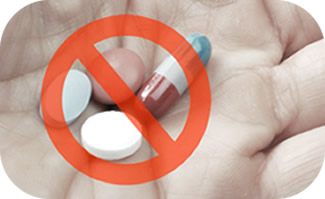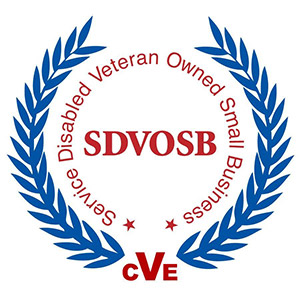What not to Do
 Make sure that the exercises that you are doing for strength training are not further damaging your tendons. This is a common error during strength training, so take things slow and be aware of your movements.
Make sure that the exercises that you are doing for strength training are not further damaging your tendons. This is a common error during strength training, so take things slow and be aware of your movements.- When applying ice packs to the skin, try not to allow the ice pack to be placed directly on the skin. Doing so may result in a burning sensation and further damage to affected area; especially if an infection arises.
- Do not rely on taking NSAIDs such as ibuprofen or Advil, as they “stop the body’s natural healing agents” and you want “as much natural healing to occur as possible.”(4)
- Stay away from shoes that are worn down or old and refrain from wearing shoes that contain no, or very little, heel support. These types of shoes may seem like a good idea because of their light weight and comfortableness; however, they provide no real support to the heel.
- Try to avoid excess stretching, as this can create further damage to the tendon if you are not careful. Excessive stretching may also exacerbate your AT and keep you in pain and off your feet longer; so it is advisable that you keep stretching to a minimum or do just enough to feel a little better.(5)
- Sometimes the “weekend warriors”, or those who train extremely hard for short periods at a time, are the most susceptible to Achilles tendonitis. This is due to the fact that the body hasn’t been prepared enough for this type of running, and damage to the tendon can occur from the sudden increase in stress. So remember to take a few days of rest, and then slowly begin to build up a training or running routine.
References:
- Marti, B.; Vader, J. P.; Minder, C. E.; Abelin, T., On the epidemiology of running injuries-the 1984 Bern Grand-Prix study. The American Journal of Sports Medicine 1988, 16(3), 285-294.3.
- Kannus P. (1997) Etiology and pathophysiology of chronic tendon disorders in sports. Scandinavian Journal of Sports Medicine, 7(2), 78-85.
- Hintermann, B., & Nigg, B. M. (1998). Pronation in runners. Sports Medicine, 26(3), 169-176
- Neeter, C.; Thomeé, R.; Silbernagel, K.; Thomeé, P.; Karlsson, J., Iontophoresis with or
- without dexamethazone in the treatment of acute Achilles tendon pain. Scandinavian Journal of
- Medicine & Science in Sports 2003, 13 (6), 376-382.
- Jonsson, P.; Alfredson, H.; Sunding, K.; Fahlström, M.; Cook, J., New regimen for
- eccentric calf-muscle training in patients with chronic insertional Achilles tendinopathy: results
- of a pilot study. British Journal of Sports Medicine 2008, 42 (9), 746-749.

